General Contractor Fort Worth | Complete Construction Services
Your Trusted General Contractor in Fort Worth
When your property needs serious work, choosing the wrong general contractor can turn your project into a nightmare of delays, cost overruns, and subpar results. At JK Concrete Contractor Fort Worth, we've earned our reputation by delivering general contractor services that combine meticulous planning, skilled execution, and transparent communication from start to finish. With years of hands-on experience managing complex residential and commercial projects throughout Fort Worth, we handle everything from foundation repairs to complete site preparation with the professionalism and expertise your investment deserves. Call (817) 518-8796 today to work with a licensed, insured general contractor who shows up prepared, stays on schedule, and guarantees quality workmanship.
GALLERY
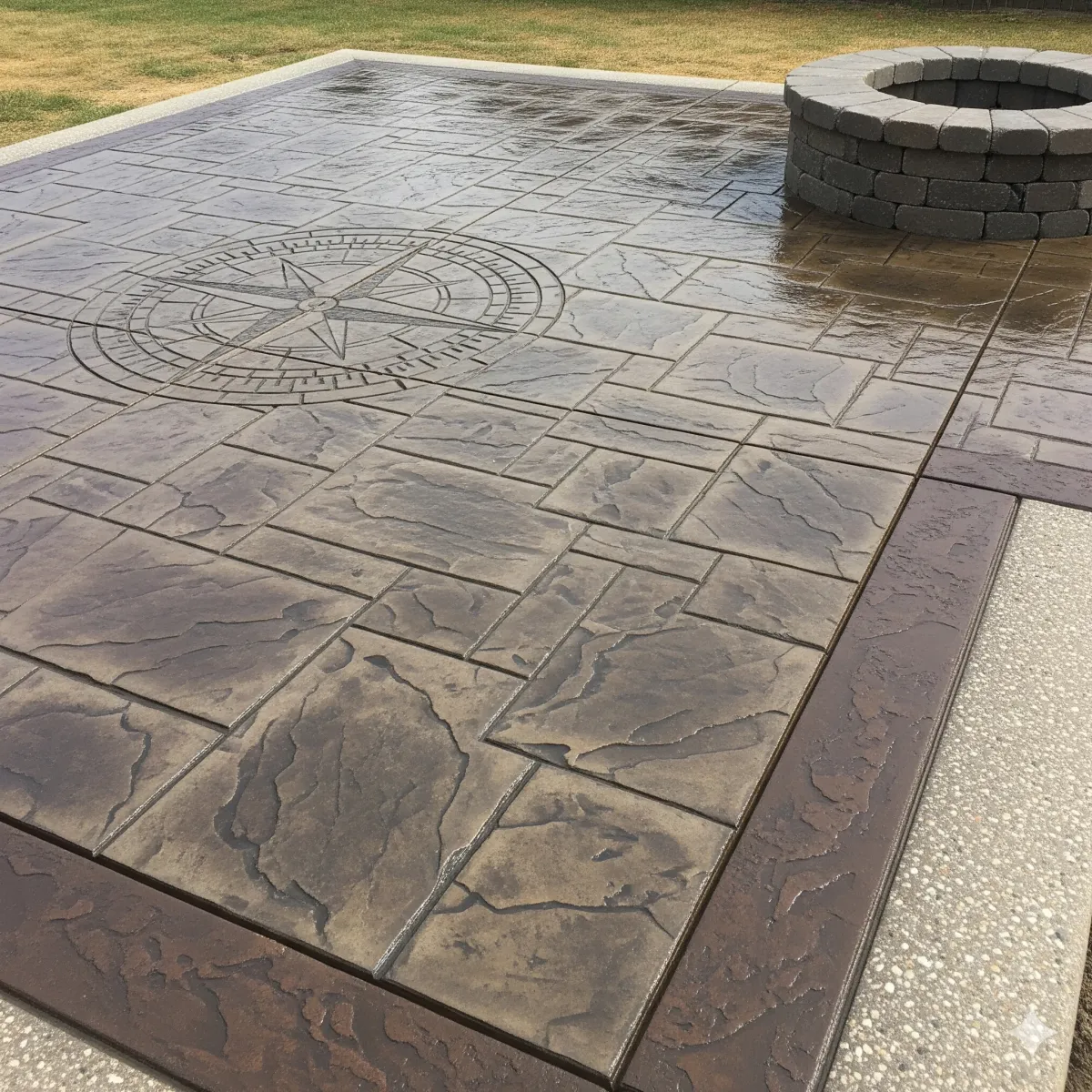
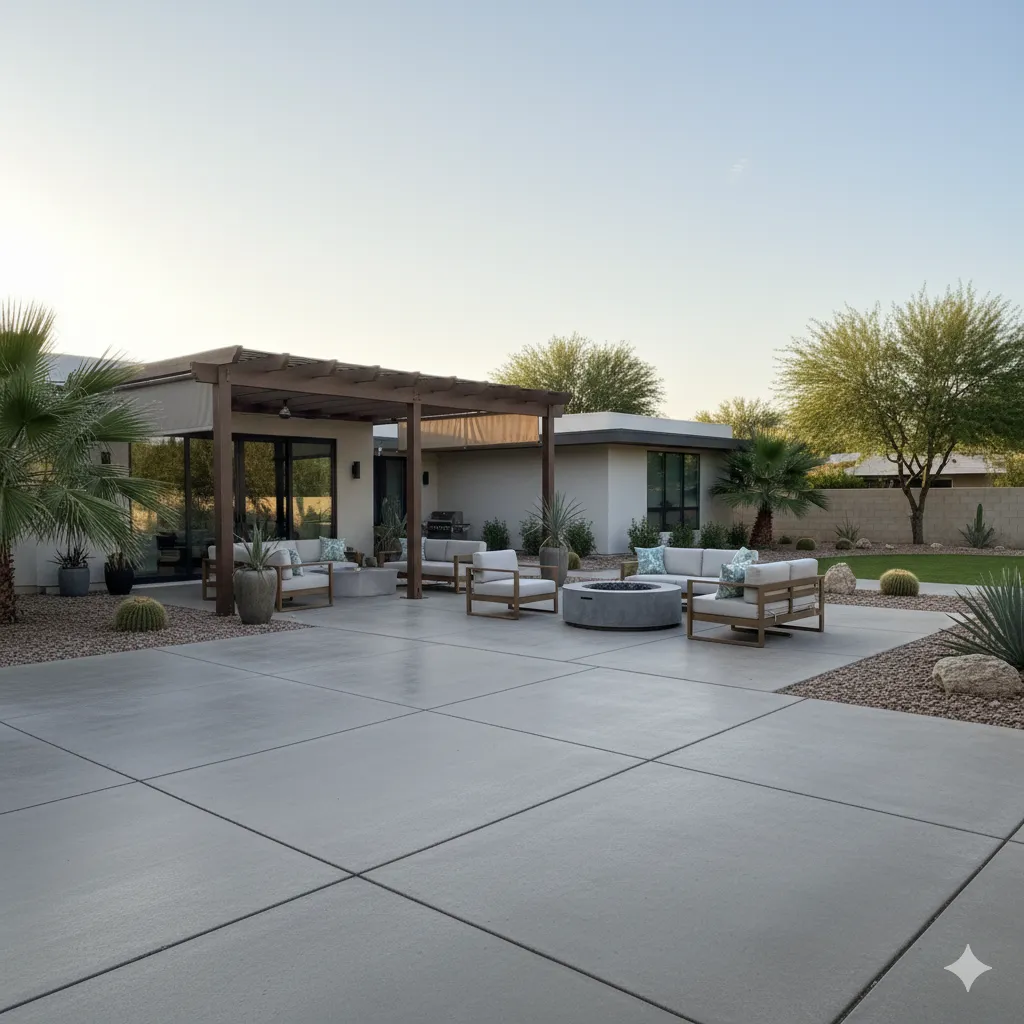
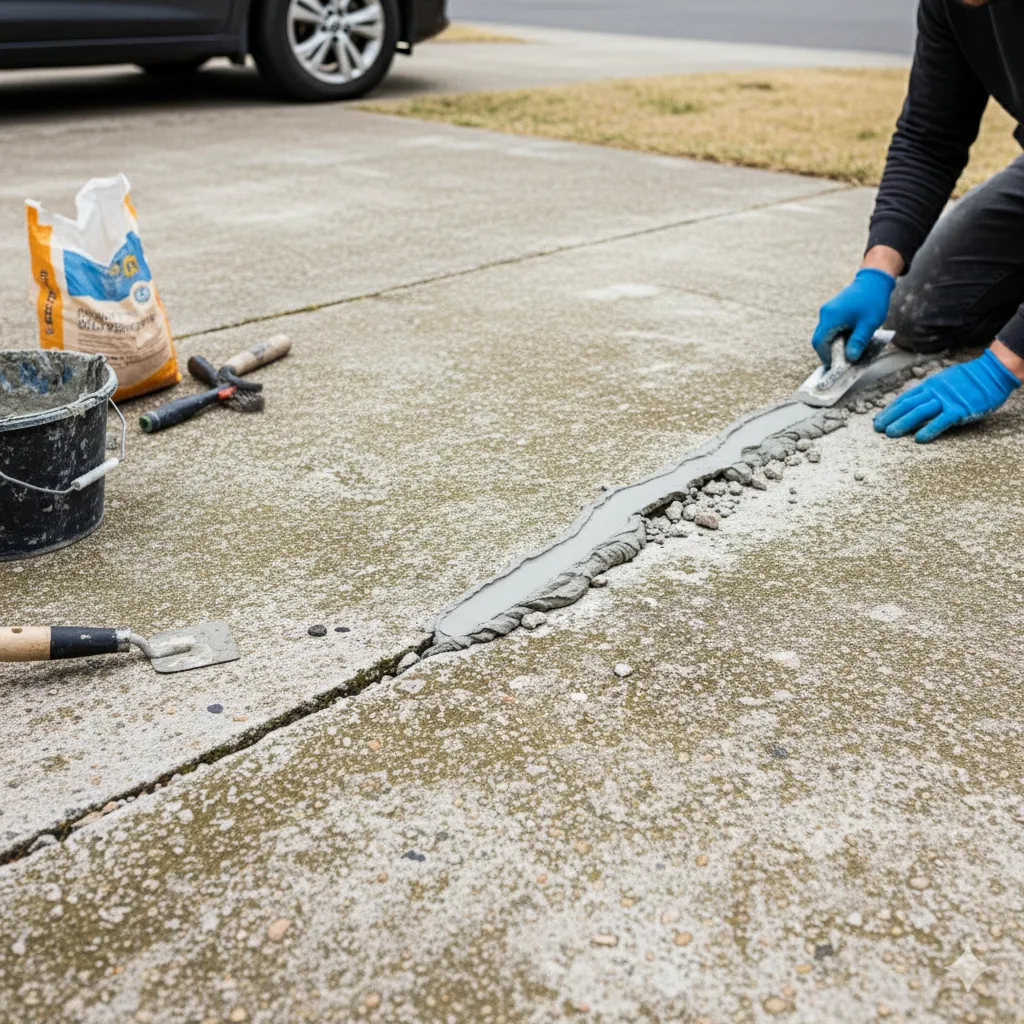
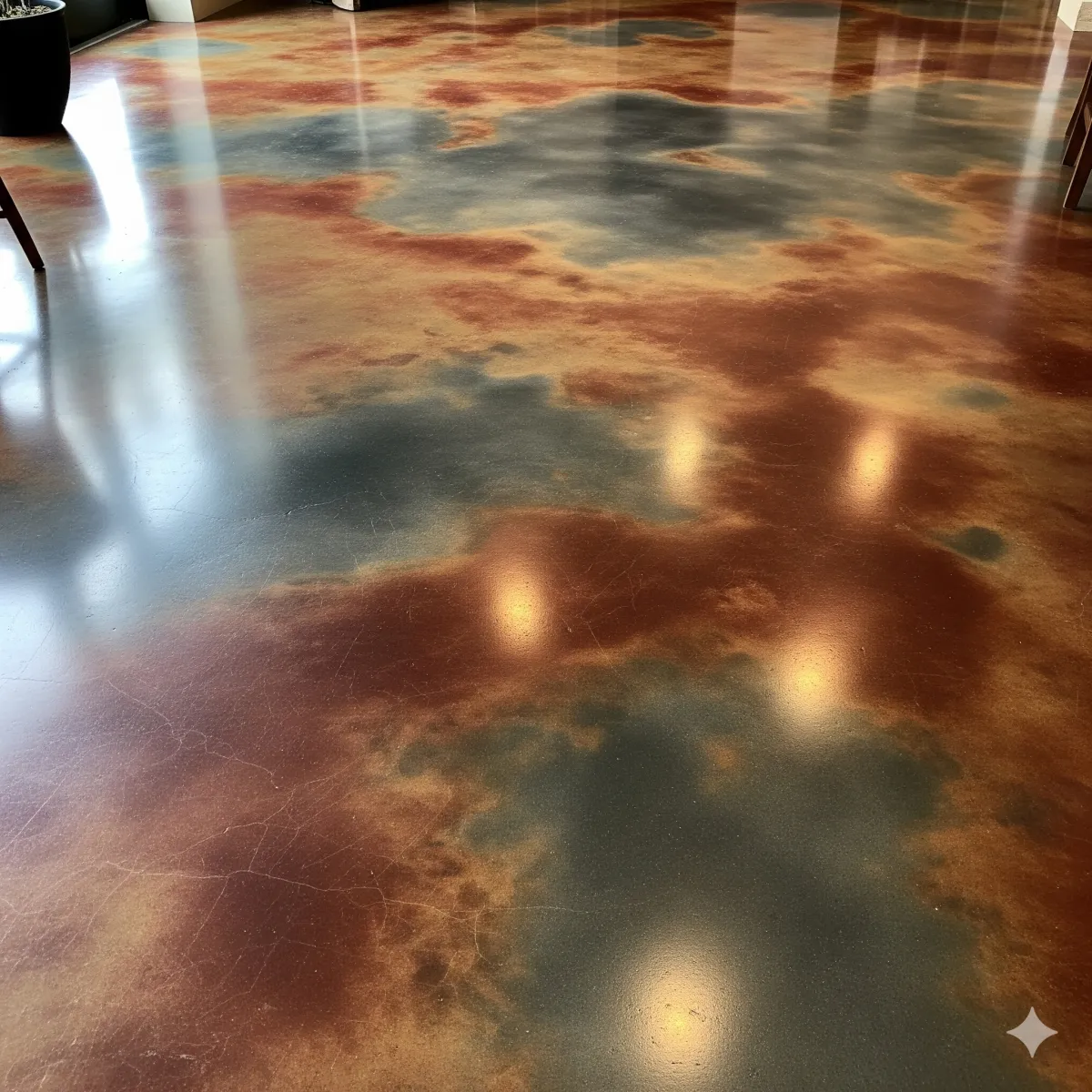
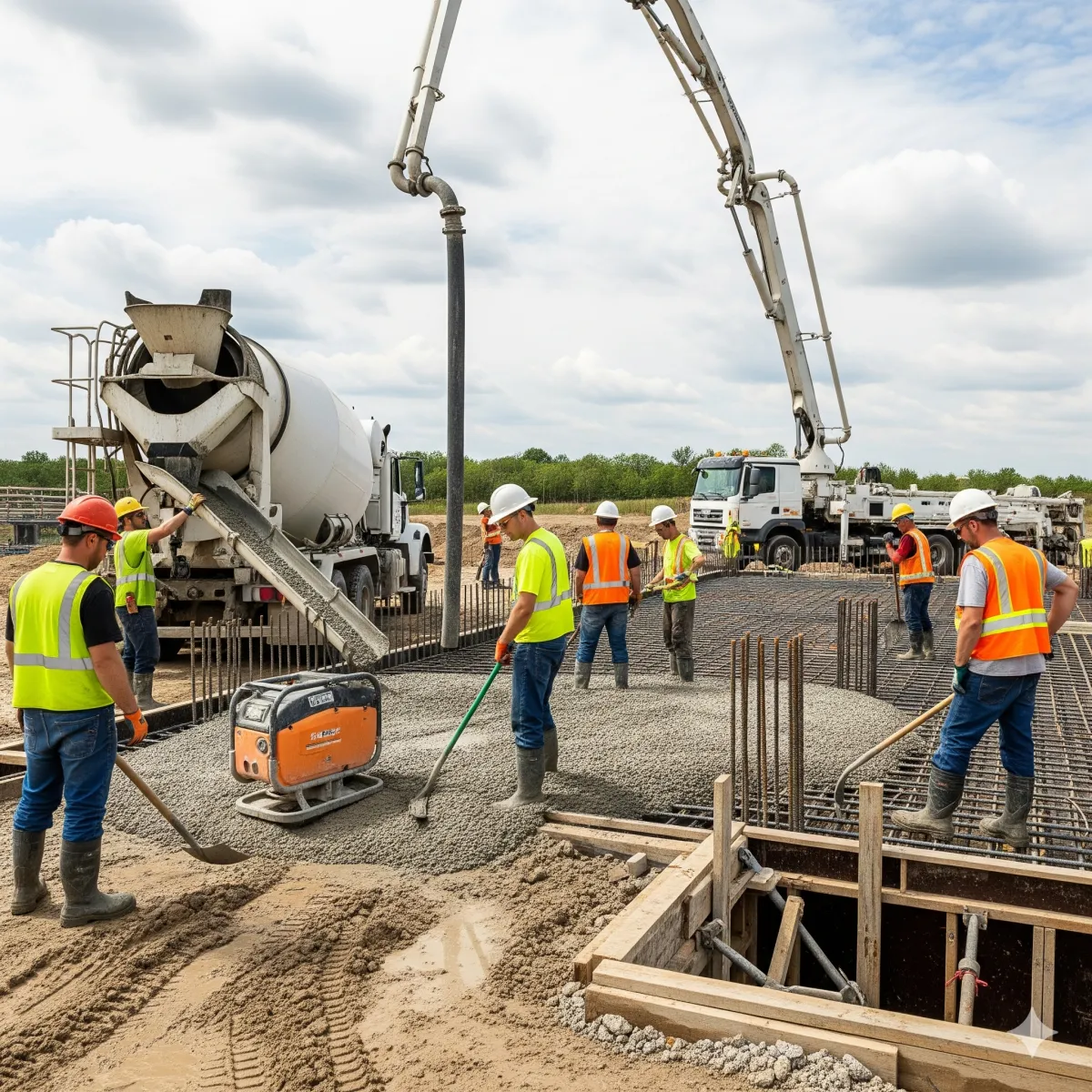
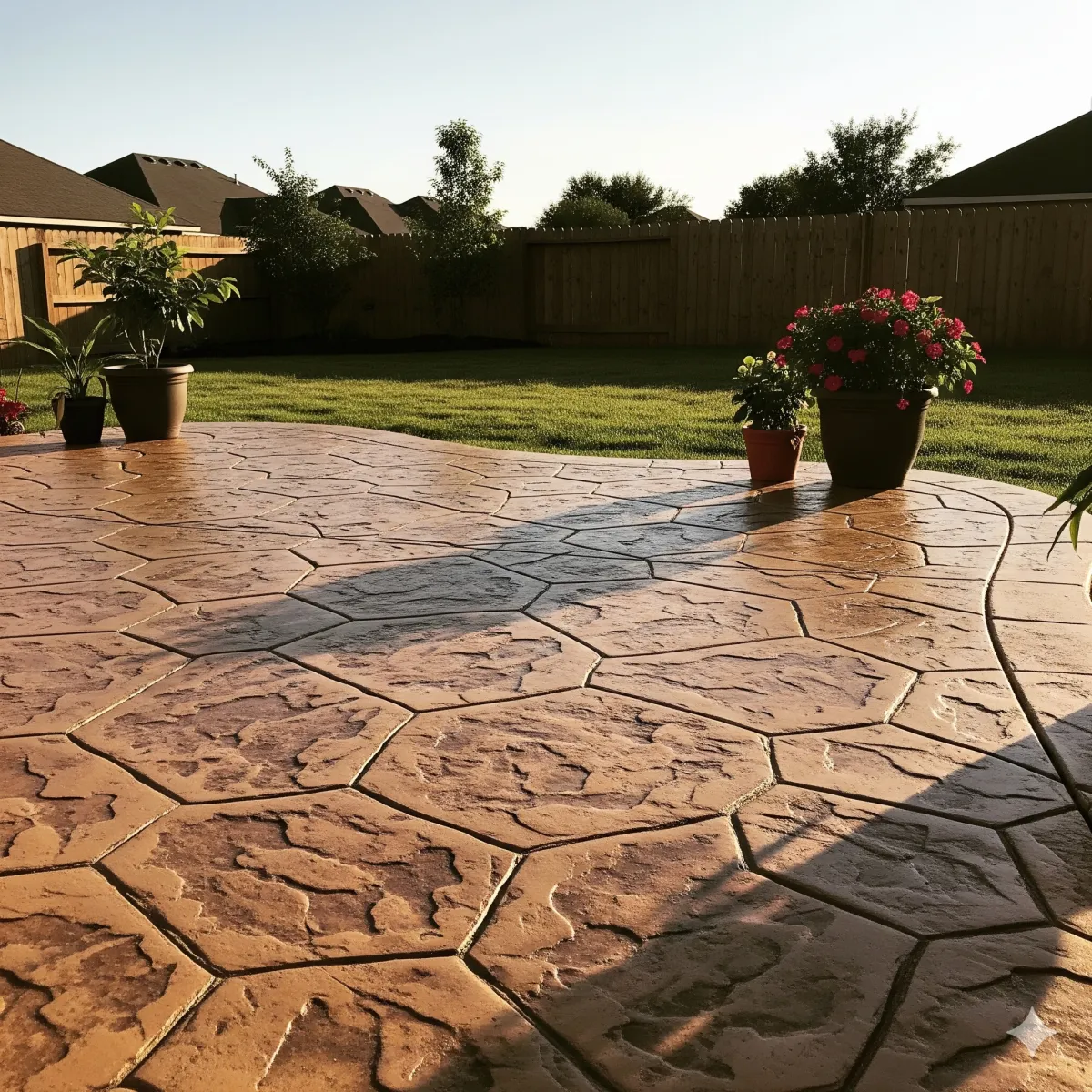
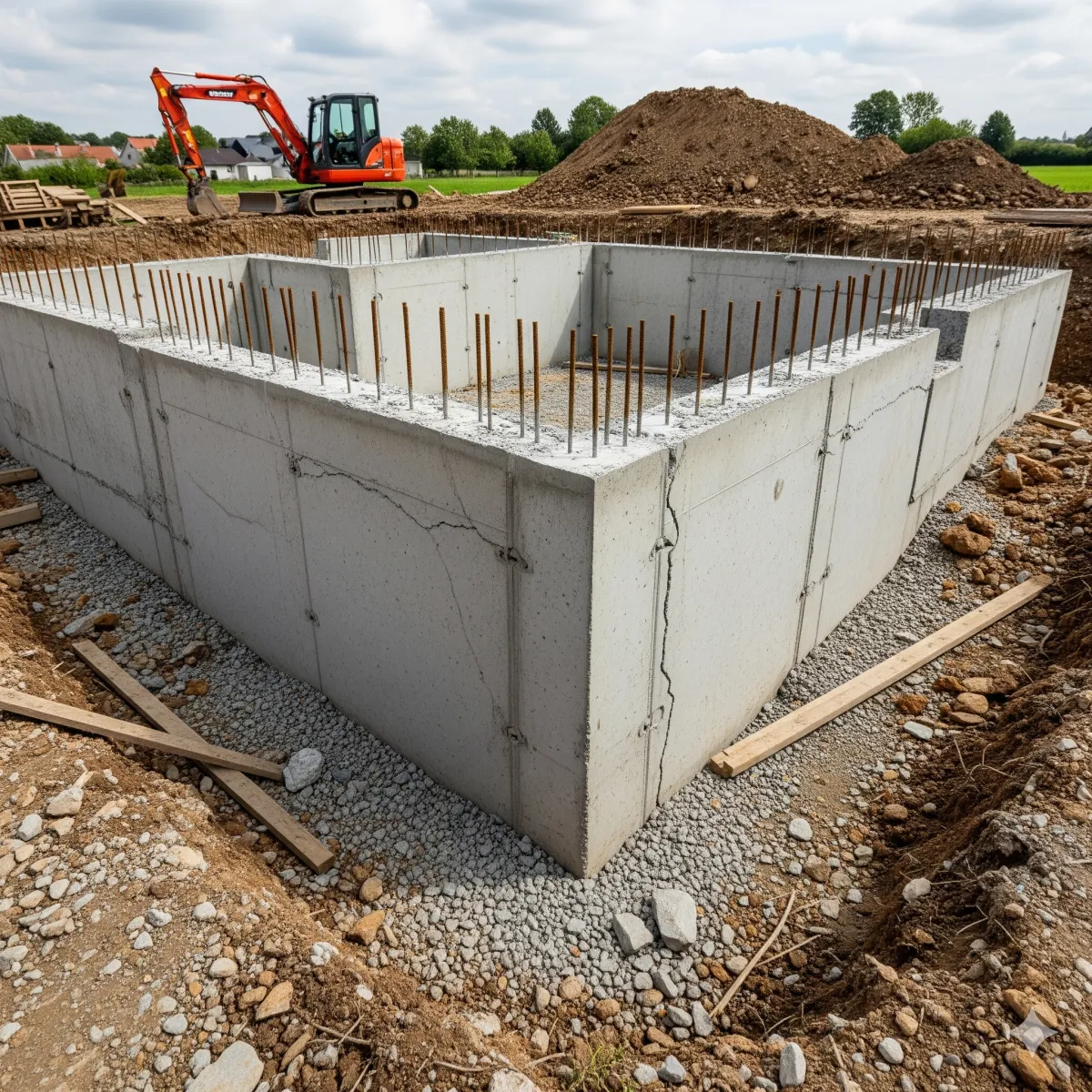
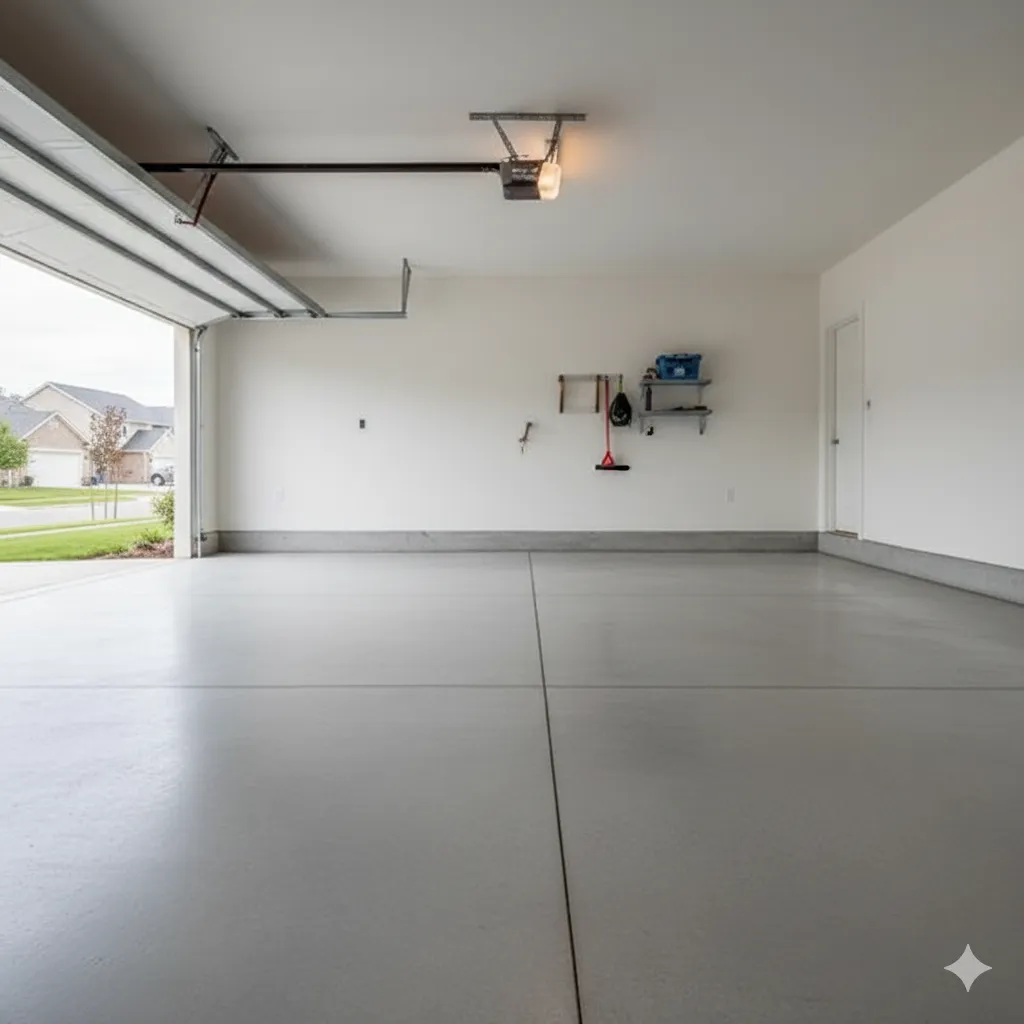
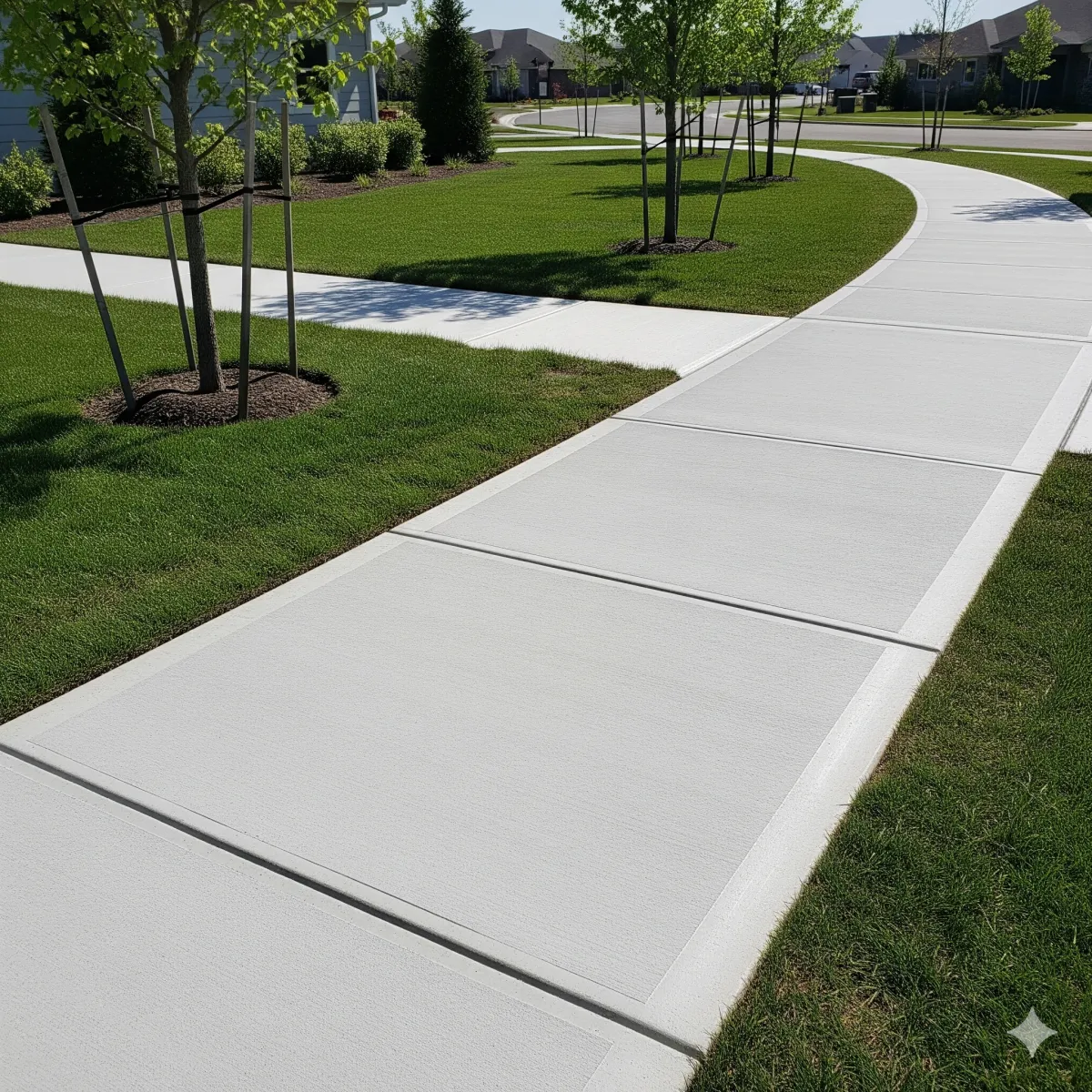
WHAT DO WE OFFER?
Our General Contractor Services
JK Concrete Contractor Fort Worth brings comprehensive general contracting expertise to every project, large or small. As a locally owned and operated company, we understand Fort Worth's unique construction challenges—from expansive clay soils to local permitting requirements—and we leverage this knowledge to deliver superior results. Our team maintains all necessary licenses and insurance coverage, and we coordinate with specialized trades, inspectors, and suppliers to keep your project moving smoothly. We've built lasting relationships with hundreds of satisfied Fort Worth customers who trust us for honest assessments, competitive pricing, and workmanship that exceeds expectations. When we commit to a timeline and budget, we deliver.
Our full-service general contracting capabilities address the critical structural and site work that forms the foundation of successful construction projects. Each service is performed by experienced professionals who follow industry best practices and Fort Worth building codes. We take pride in solving complex problems, managing all project logistics, and delivering results that protect your property value for decades to come.
Foundation problems don't fix themselves—they only get worse and more expensive over time. Fort Worth's expansive clay soils cause foundation movement that leads to cracks, settling, doors that won't close, and structural damage throughout your home or building. Our foundation repair services identify the root cause of failure and implement proven solutions including pier systems, mudjacking, drainage improvements, and structural reinforcement.
We use advanced diagnostic tools to assess damage severity and design repairs that address underlying soil issues, not just surface symptoms. Our repairs come with transferable warranties that protect your investment and provide peace of mind. Whether you're dealing with minor cracks or significant structural concerns, we'll provide an honest assessment and cost-effective solution tailored to your specific situation.
A wet basement isn't just an inconvenience—it's a serious threat to your property's structural integrity and indoor air quality. Fort Worth's clay soils and seasonal rainfall can overwhelm inadequate waterproofing systems, leading to chronic moisture problems, mold growth, and foundation damage. We install comprehensive waterproofing solutions including exterior membrane systems, interior drainage systems, sump pumps, and vapor barriers designed to keep basements permanently dry.
Our approach addresses both surface water and hydrostatic pressure, ensuring complete protection in all conditions. We identify and seal foundation cracks, improve grading around your property, and can retrofit existing basements with modern waterproofing technology. Every system includes proper drainage to direct water away from your foundation, and we back our work with solid warranties.
Proper site preparation is the critical first step that determines whether your construction project succeeds or struggles. We provide complete site preparation services including clearing, grubbing, rough grading, utility coordination, and soil stabilization for residential and commercial projects throughout Fort Worth. Our team handles demolition of existing structures, removal of trees and vegetation, and disposal of all debris in compliance with local regulations.
We coordinate utility markings and work with city inspectors to ensure all preparatory work meets code requirements. Whether you're building a new home, adding an addition, or developing commercial property, our thorough site preparation creates the solid foundation your project needs. We use modern equipment to complete site work efficiently while minimizing impact on surrounding properties.
Quality excavation requires more than just moving dirt—it demands precision, planning, and understanding of soil conditions and structural requirements. Our excavation services handle everything from foundation trenches and utility lines to swimming pools and large-scale commercial projects. We operate a full fleet of modern excavation equipment and employ operators with years of experience working in Fort Worth's challenging clay soils.
Our team coordinates with utility companies to prevent damage to underground lines, maintains proper shoring and safety protocols, and disposes of excavated material responsibly. We understand local soil characteristics and adjust techniques to prevent issues with neighboring structures. Whether your project requires careful hand-digging near existing utilities or large-scale earth moving, we have the expertise and equipment to complete excavation safely, accurately, and on schedule.
Improper grading causes water drainage problems that lead to foundation damage, flooding, erosion, and landscaping failure. Our grading and leveling services establish proper slopes and elevations that direct water away from structures and prevent pooling. We use laser-guided equipment for precise grading that meets engineering specifications and Fort Worth drainage requirements. Our work includes rough grading for construction sites, finish grading for landscaping, regrading to correct drainage issues, and lot leveling for new construction.
We understand how Fort Worth's expansive clay soils respond to moisture changes and design grading solutions that account for seasonal movement. Proper grading is essential for foundation performance, and we coordinate our work with other trades to ensure optimal results. We can also create building pads, drainage swales, and retention areas as needed for your project.
Commercial concrete projects demand higher standards for durability, load capacity, and professional appearance than residential work. We specialize in commercial concrete installation including parking lots, loading docks, sidewalks, building slabs, warehouse floors, and exterior hardscaping for Fort Worth businesses. Our team understands commercial building codes, ADA compliance requirements, and the structural specifications needed for heavy traffic and equipment loads. We work efficiently to minimize business disruption, often scheduling pours during off-hours or weekends.
Our commercial concrete features proper reinforcement, expansion joints engineered for the application, and finishes appropriate for each use—from smooth troweled warehouse floors to broom-finished parking areas. We coordinate with architects, engineers, and other contractors to keep projects on schedule, and we provide all documentation needed for inspections and permits. Our commercial clients appreciate our professionalism, reliability, and commitment to delivering projects that meet deadlines and budgets.
Why Choose BL Concrete Contractor Mesquite?

Quality Assurance
Strong, reliable concrete work for every project, backed by years of hands-on experience and attention to detail.

Built to Last
From slabs to sidewalks, we pour precision into every job to make sure your concrete holds strong for years.
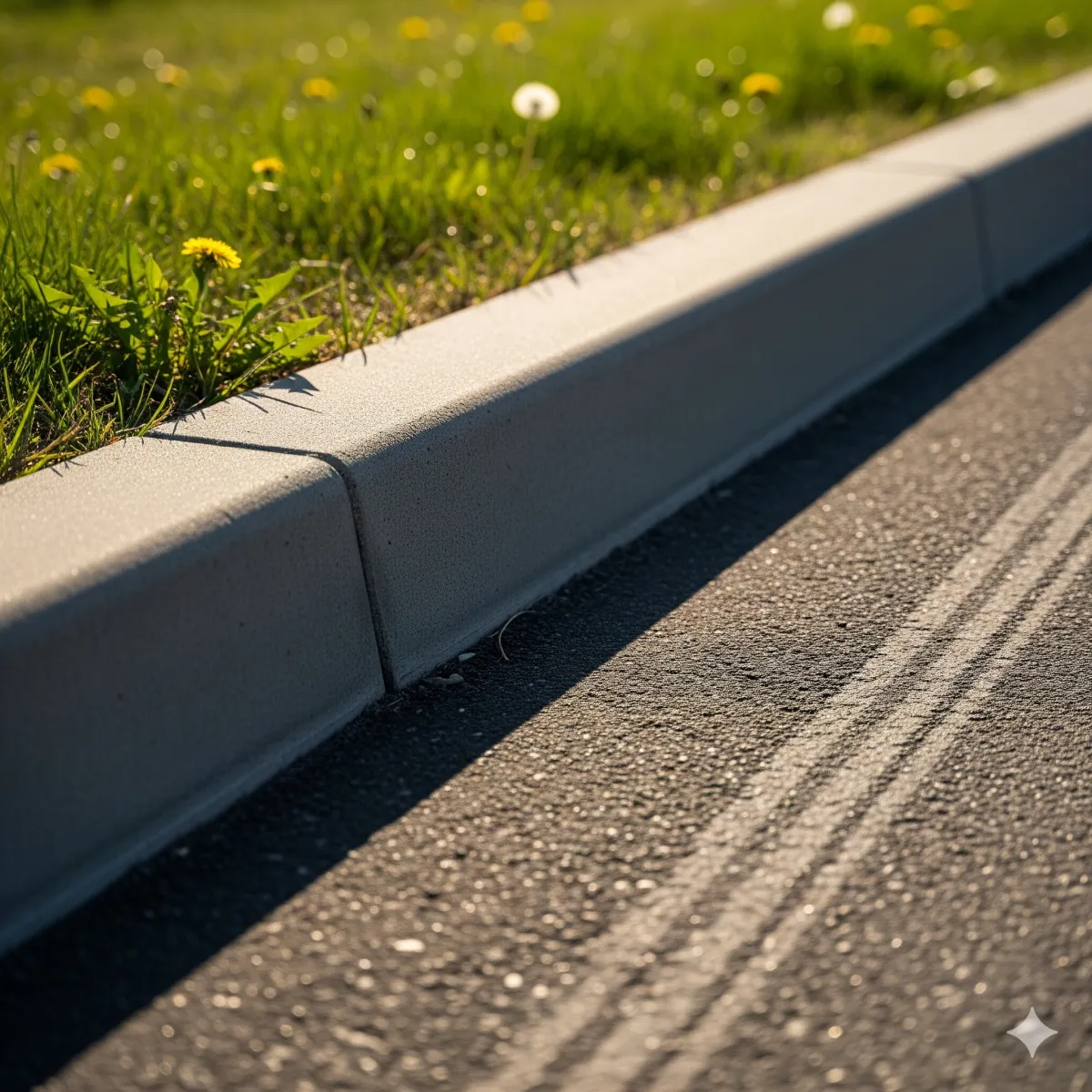
Local Strength, Expert Finish
Proudly serving Jacksonville with solid concrete solutions, honest service, and quality that sticks.
Get Your Free General Contractor Estimate Today
When you call JK Contractor Fort Worth at (817) 518-8796, we visit your property to assess project requirements and discuss your construction needs. We evaluate site conditions, structural concerns, and project scope before providing transparent estimates with detailed explanations.
Whether you need foundation repair, excavation services, grading and leveling, or commercial concrete work, we provide honest guidance for your situation and budget.
Serving All of Fort Worth
We work throughout Fort Worth and Tarrant County—from downtown to Alliance, Fairmount to the Stockyards. Our experience spans residential and commercial projects across every neighborhood.
Why Call Now
Construction problems worsen with time. Foundation issues become more expensive. Poor drainage causes ongoing damage. Projects won't get cheaper by waiting.
As a licensed and insured general contractor in Fort Worth, we schedule based on weather and workload. Calling now ensures better project timing. You'll work with experienced professionals who communicate clearly, show up on schedule, and deliver quality construction.
Call (817) 518-8796 for Your Free Estimate
Complete general contractor services backed by local experience, proper licensing and insurance, and commitment to quality construction—that's what you get with JK Contractor Fort Worth.
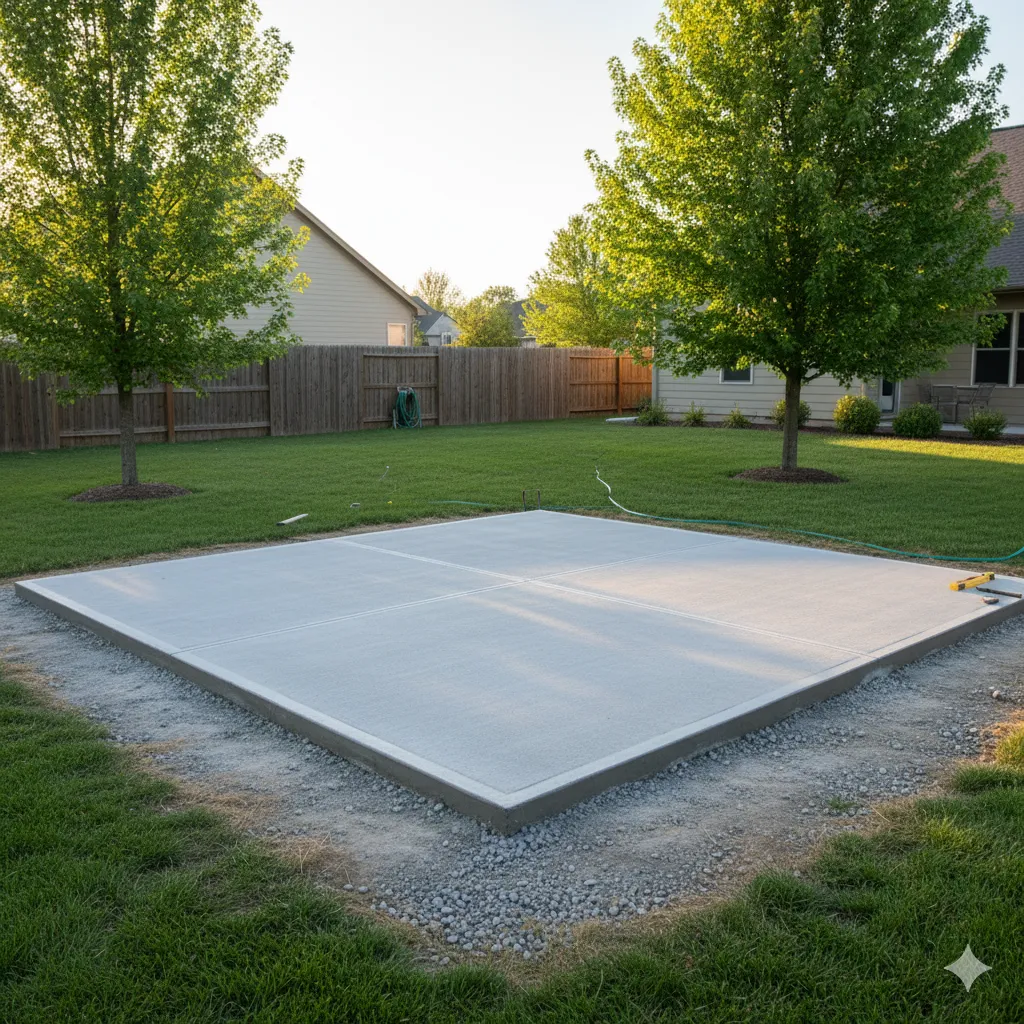
POPULAR QUESTIONS
Get Answers to Your Questions
How long does concrete take to cure in Fort Worth's climate?
This is one of the most common questions I get, and the answer isn't as simple as most people hope. Concrete reaches about 70% of its strength within the first seven days, but full curing takes about 28 days under ideal conditions. In Fort Worth, our weather complicates things. During July and August, when temperatures hit the high 90s or breach 100 degrees, concrete can cure too quickly, which actually weakens it. That's why we use curing compounds and sometimes keep new concrete damp during our hottest months.
On the flip side, if we pour during one of our rare winter cold snaps, curing slows down significantly. I generally tell homeowners they can walk on new concrete after 24-48 hours, but keep vehicles off driveways for at least seven days—and ideally closer to two weeks if you can manage it. For commercial projects with heavy traffic demands, we might specify high-early-strength mixes that reach usable strength faster, though they still need the full cure time for maximum durability.
Why is my concrete cracking, and can it be repaired?
Not all cracks mean the same thing, and that's important to understand. Hairline cracks less than 1/8 inch wide are common and usually cosmetic—they happen as concrete shrinks slightly during curing. I see these in almost every installation, even ones we've done perfectly. They're not usually a structural concern.
Wider cracks, especially ones that are growing or where one side is higher than the other, signal bigger problems. In Fort Worth, these often relate to our expansive clay soil moving beneath the concrete, or water getting underneath and washing away base material. I worked on a property in Ridglea last year where cracks started small but widened because a downspout was directing thousands of gallons of water right under the driveway every time it rained.
Many cracks can be repaired effectively if caught early. We clean them out, fill them with appropriate sealants, and address whatever caused them in the first place. But if the underlying problem isn't fixed—whether that's poor drainage, soil issues, or inadequate base preparation—the cracks will return. Sometimes concrete resurfacing makes sense if cracks are widespread but the structure underneath is still sound.
What's the difference between stamped concrete and regular concrete for patios?
Regular concrete is exactly what it sounds like—we pour it, smooth it, and you end up with a functional gray surface. It works fine and costs less, but it doesn't have much visual interest. Stamped concrete involves pressing patterns into the surface before it fully hardens, creating textures that can mimic stone, brick, wood, or tile.
I've installed stamped concrete patios throughout Fort Worth that look like expensive flagstone but cost significantly less and require almost no maintenance compared to the real thing. The process is more labor-intensive because timing matters—stamp too early and the concrete is too wet, too late and it won't take the impression. We also typically add color, either mixed throughout or applied to the surface, so you're not stuck with that standard concrete gray.
The main considerations are budget and aesthetic goals. If you want your patio to blend with upscale landscaping or match architectural elements of your home, stamped concrete delivers that visual appeal. If function matters more than form, or if budget is tight, standard concrete serves you well. Both will last decades if installed correctly over proper base preparation.
How much does foundation repair typically cost in Fort Worth?
I wish I could give you a straightforward number, but foundation repair costs vary dramatically based on what's actually wrong. Minor crack repairs might run a few hundred dollars. Significant foundation movement requiring piers or underpinning can reach $10,000 to $30,000 or more on larger homes.
What drives the cost is the extent of movement, how many piers are needed, soil conditions, and accessibility. A home in Westover Hills with settling on one corner needs different solutions than a property in Como with issues around the entire perimeter. I've seen homeowners spend $5,000 addressing problems early that would have cost $25,000 if they'd waited another two years.
The best approach is getting an honest assessment before problems worsen. We'll look at crack patterns, check for plumbing leaks that might be causing soil erosion, evaluate drainage, and measure actual foundation movement. Then we can give you real numbers based on what your specific property needs, not generic estimates. Some situations need immediate attention; others can be monitored. I'd rather tell you the truth about that than push unnecessary work.
Can you pour concrete in Fort Worth during summer or winter?
Yes, but both seasons require adjustments. Summer is actually easier to manage—we schedule pours for early morning when temperatures are cooler, use retarding additives that slow curing in the heat, and focus heavily on keeping fresh concrete from drying too fast. I've poured countless driveways and patios during Fort Worth summers. You just can't approach it the same way you would a spring pour.
Winter is trickier. Concrete shouldn't be poured when temperatures are below 40 degrees or when freezing is expected within 24-48 hours. We get enough mild winter days in Fort Worth that projects can continue, but there are definitely weeks where we have to pause. When we do pour in colder weather, we might use accelerating admixtures and take extra curing precautions.
The worst time in Fort Worth is actually late winter and early spring when we're getting temperature swings—50 degrees at night, 75 during the day. That variability creates challenges for proper curing. If you're flexible on timing, fall is ideal for concrete work here. Temperatures are moderate and more stable, and soil moisture is usually in a good range after summer but before winter rains.
Do I need permits for concrete work in Fort Worth?
It depends on what you're doing. Replacing an existing driveway with the same dimensions typically doesn't require a permit. Adding a patio in your backyard usually doesn't either. But anything structural—foundations, significant retaining walls over a certain height, or work that affects drainage—generally needs permits.
Commercial concrete work almost always requires permits, and inspections happen at various stages. I've worked with Fort Worth's permitting office enough to know what triggers requirements and what doesn't. The rules also vary if you're in historic districts like Fairmount or areas with HOA restrictions.
Here's my advice: let us handle permit questions rather than assuming. The cost of permits is minimal compared to the headache of doing work that should have been permitted and wasn't. When we give you a project estimate, we'll tell you if permits are needed and factor that into the timeline. Some homeowners want to skip this step to save money, but it can create serious problems if you sell the property and unpermitted work shows up during inspections.
How thick should concrete be for a driveway versus a patio?
Standard residential driveways in Fort Worth should be at least 4 inches thick, and I often recommend 5-6 inches if you're parking heavier vehicles like trucks or RVs. The thickness isn't just about the weight of vehicles—it's about how that weight is distributed and how the concrete handles our soil movement.
Patios can typically be 4 inches since they're not supporting vehicle loads. But if you're planning to put a hot tub on that patio, or if it's in an area where heavy furniture and lots of people will congregate, going thicker makes sense. I've poured patios in the Stockyards area for restaurants where foot traffic is constant—those went 5 inches with extra reinforcement.
What matters as much as thickness is what's under the concrete. I've seen 6-inch driveways fail because the base wasn't properly prepared, and I've seen 4-inch installations last decades because the sub-base was done correctly. In Fort Worth's clay soil, proper compaction and base material matter enormously. Skimping on base prep to save money is one of the costliest mistakes property owners make.

TESTIMONIALS
What Our Client Says About Us

"I dreaded replacing my driveway, but JK Concrete made it painless. They showed up on time, explained everything, and even fixed a drainage issue I didn't know about without upselling me. Eight months later, my driveway still looks perfect while my neighbor's (done by another company) is already cracking. Best decision I made."
Sarah M. - Ridglea Hills

"We needed stamped concrete that wouldn't look out of place on our 1920s home. JK Concrete nailed it - looks like genuine stone, complements the house perfectly. The crew was professional, cleaned up daily, and finished on schedule. Three neighbors have already asked for their number."
Michael T. - Fairmount

"I called about foundation cracks expecting the worst. Instead of scaring me into expensive repairs, they honestly explained what was cosmetic and what actually needed fixing. Fixed the real issue two years ago and haven't had problems since. When I needed my driveway done, I didn't even get other quotes."
David R. - Westover Hills
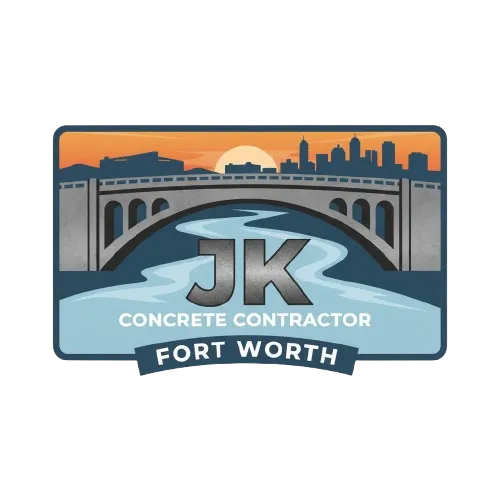
Licensed and locally owned, JK Concrete Contractor Fort Worth delivers expert concrete services for residential and commercial projects. Call (817) 518-8796 for quality craftsmanship you can trust.
This is a referral site.
Quick Links
Home
About Us
Services
